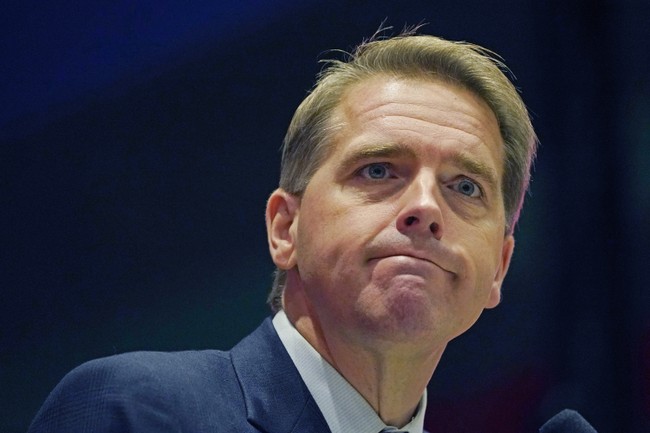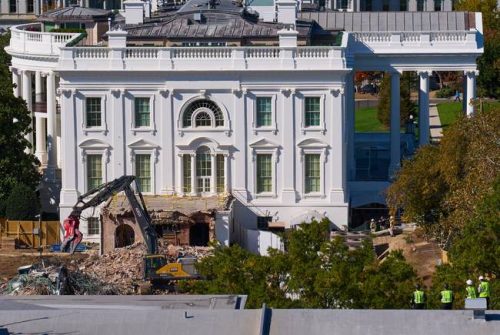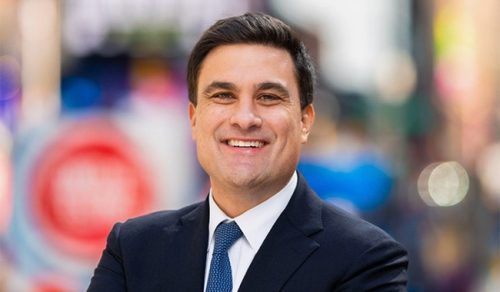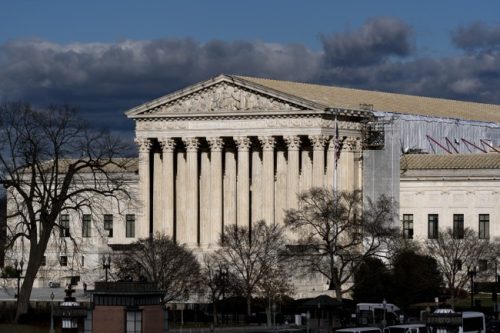Scott Jennings cut through the noise on CNN by pushing back hard when Geraldo Rivera attacked ICE agents for wearing masks. The exchange highlighted a simple, often ignored point: agents mask up because they and their families face real threats, not because they’re ashamed of their work. This piece lays out the exchange, the context of threats against ICE officers, and why the issue matters for public safety and common sense.
On the panel, Geraldo Rivera made a broad claim that drew attention and criticism. “Nobody wears masks. Only ICE. Only ICE,” Rivera said. “And why is it? It’s because they are embarrassed by the job they have been tasked to do. It’s absolutely horrifying. Masks should be banned in law enforcement.”
Jennings pushed back immediately and pointed to a pattern of doxxing and threats that has made anonymity necessary for many agents. He noted that a number of activists and even some officials have published names, photos, and home addresses, putting families at risk. That context changes the moral calculus around a simple face covering.
🫳🎤
GERALDO RIVERA: It's horrifying. Masks must be BANNED in ALL law enforcement!
SCOTT JENNINGS: Counterpoint. The reason they're wearing masks is because you have a dedicated group of people – including Democrat officials – DOXXING THEM and their FAMILIES, putting them in… pic.twitter.com/6oDfSQySND
— Eric Daugherty (@EricLDaugh) October 24, 2025
“Counterpoint: The reason they’re wearing masks, which, by the way, their director, Todd Lyons … is against the masks. The reason they’re wearing them is because you have a dedicated group of people out there, and some of them, unfortunately, are Democrat political officials, who are doxxing them and their families and putting them in harm’s way. They face a thousand percent increase in violent attacks this year. These people are in harm’s way every day and they’re protecting themselves and their families.”
The safety argument is not abstract. ICE agents were targeted in Dallas after Joshua Jahn opened fire at a facility, a shooting that left multiple people dead. Authorities reported that Jahn struck and killed two migrant detainees at the facility, underscoring the volatile environment around immigration enforcement. When violence is a real possibility, officers and agents will take measures to protect themselves.
Beyond isolated attacks, the political climate has contributed to a culture that sometimes singles out law enforcement personnel for public shaming. Elected officials and activists have rolled out tools that encourage people to report ICE activities, and some public-facing portals have been framed as oversight. The practical effect has been to expose personnel to harassment, and for some, to targeted intimidation.
That trend turned dangerous in other cases too, like the incident in Waukesha where an official doxxed a group of white men he assumed were ICE agents. Those men turned out to be businessmen meeting for lunch, and while they were not harmed, the episode shows how public accusations can spiral into real risk. Firing or sanctioning the local official was a necessary response, but it does not erase the damage already done when identities are broadcast without verification.
There is a clear difference between legitimate oversight and behavior that endangers people. When reporting tools and public pressure campaigns make it easy to target individual officers, the incentives shift toward anonymity for safety. That is the argument Jennings made on air, and it resonates with anyone who believes protecting families and preventing violence should be a priority.
Critics who call for outright bans on masks in law enforcement are missing the point about motive and consequence. Masks in this context are defensive tools, not political statements, and banning them could expose agents and their families to retaliation. Common-sense policy should account for the consequences of well-intentioned but dangerous rhetoric that encourages doxxing or public threats.
This is also a broader warning about the erosion of civil norms when political disputes become personal. Public debate is healthy, but when it tips into targeted campaigns that reveal private information or encourage harassment, the result is a less safe society. Agencies that protect borders and enforce laws deserve policies that balance transparency with the real need to protect employees from malicious actors.
At the end of the day, the exchange on CNN was less about theatrical panel drama and more about basic practicalities. Jennings framed mask wearing as a defensive response to threats backed by documented incidents and a troubling climate of public targeting. That is a message worth hearing whether you support or oppose the policies ICE enforces.






